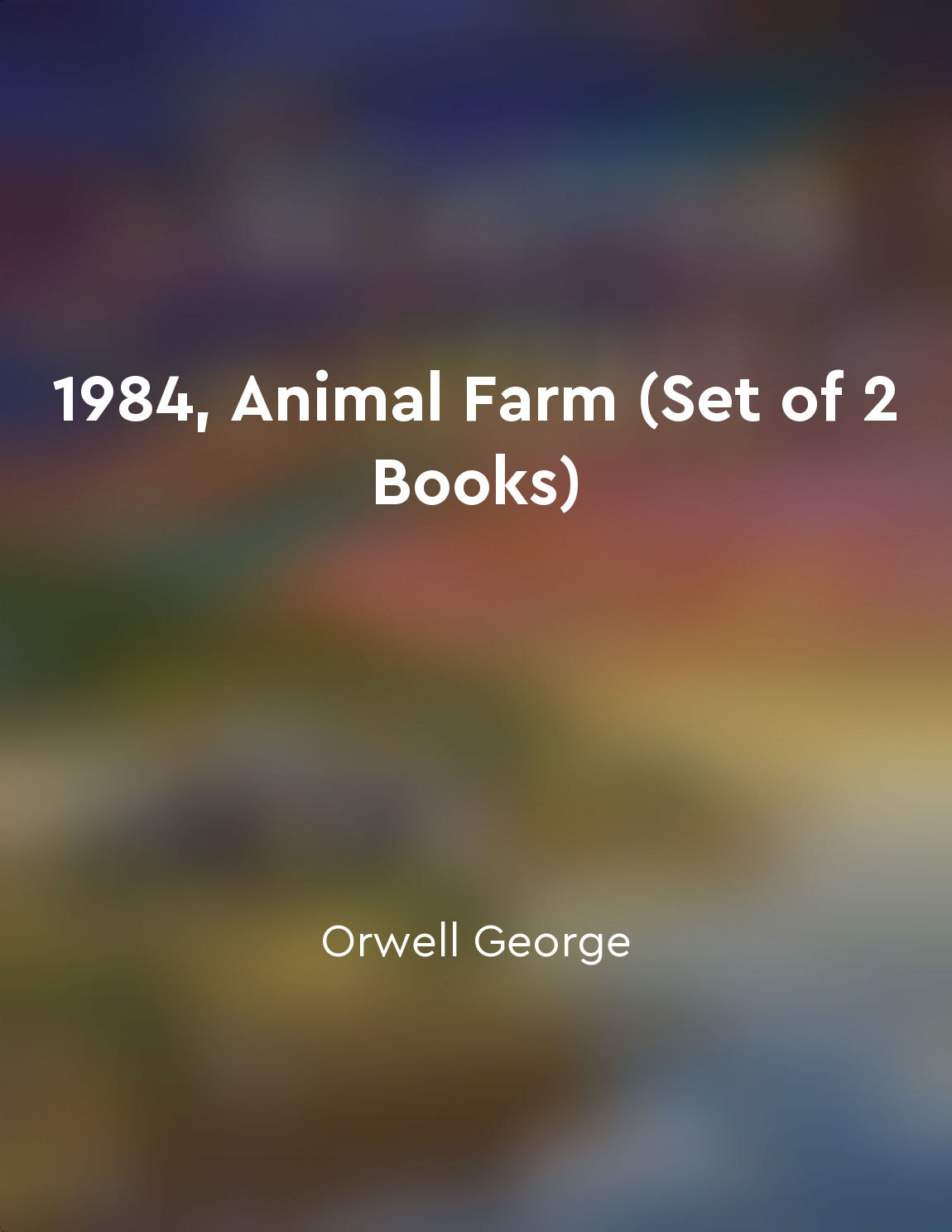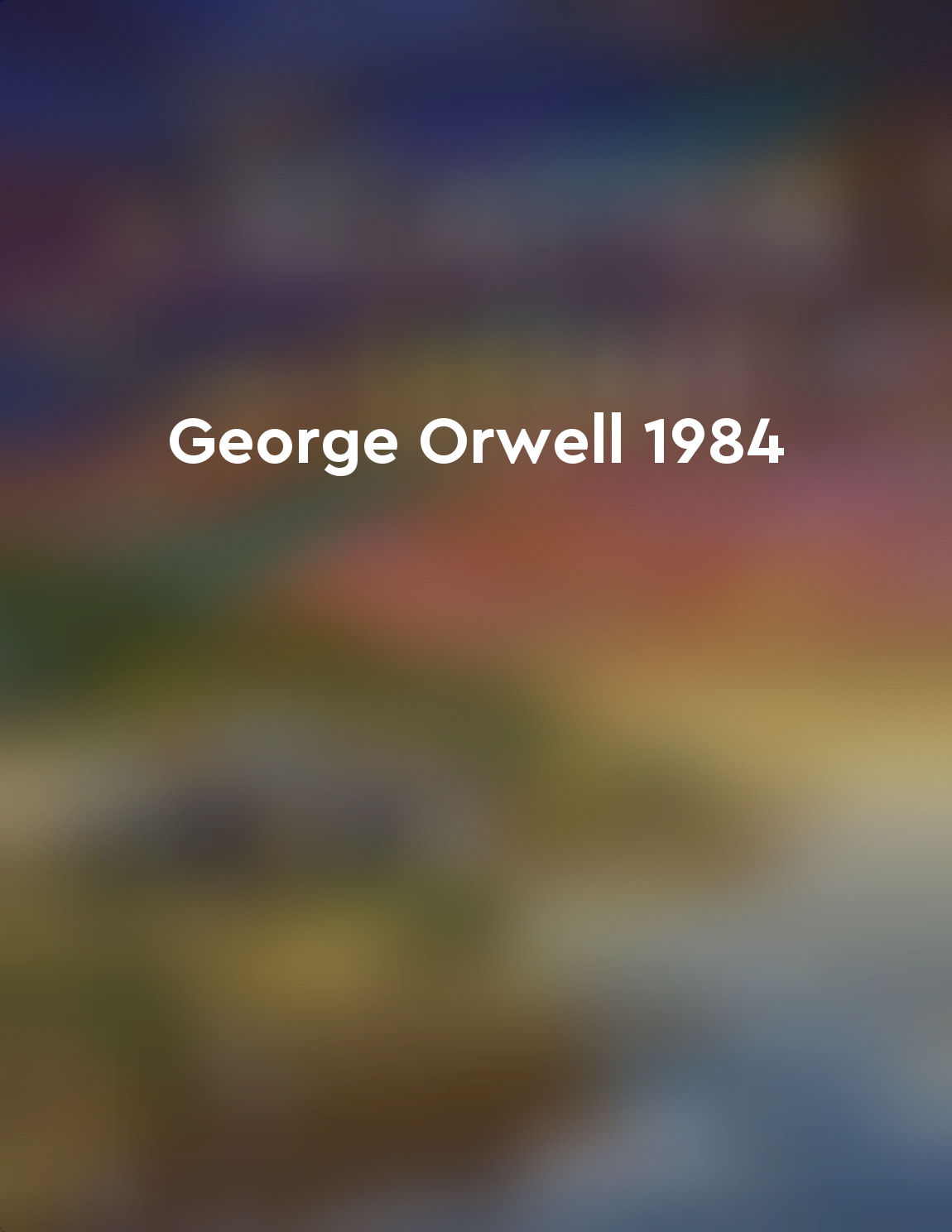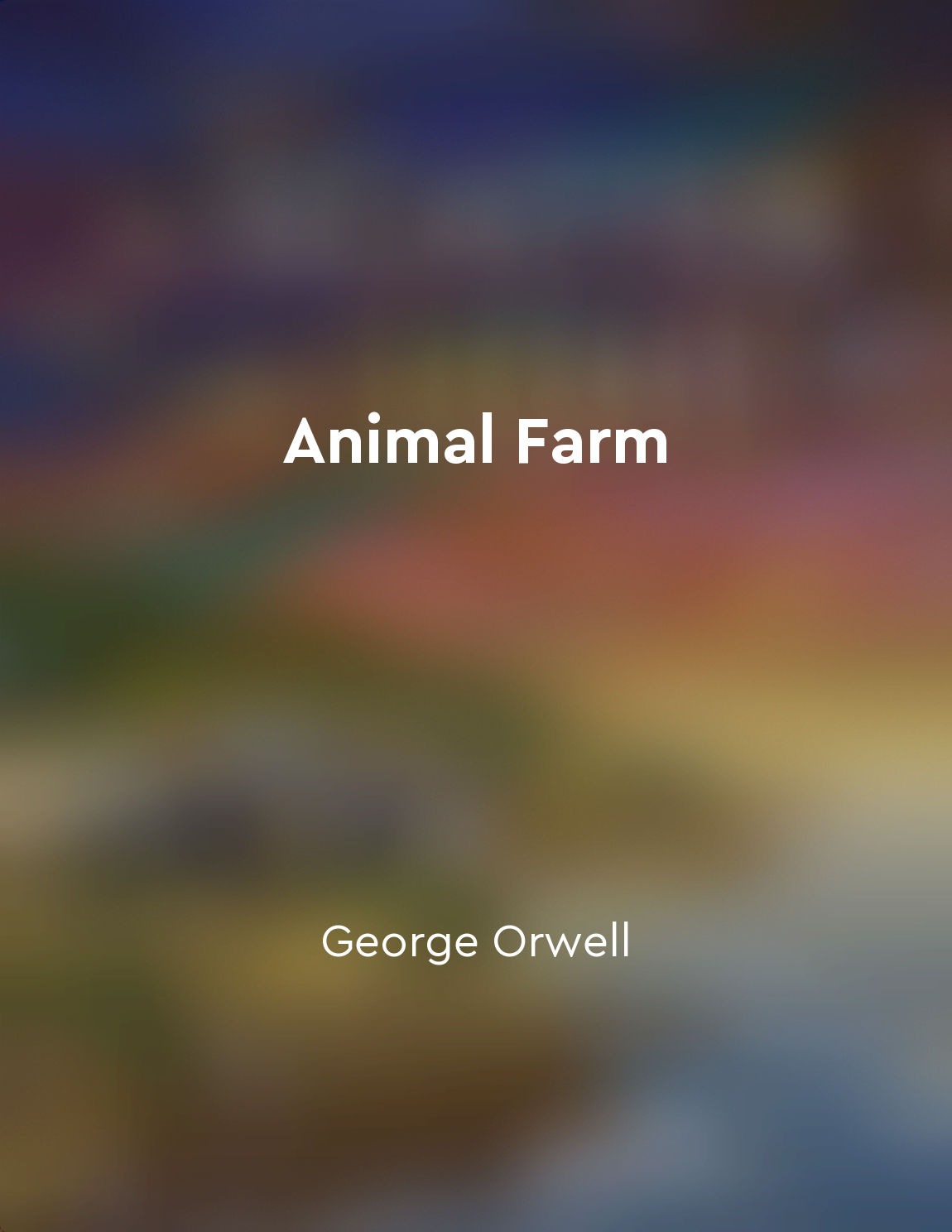Audio available in app
The Politics of The Hunger Games reflect realworld issues of inequality and oppression from "summary" of The Politics of The Hunger Games by Jamey Heit
Jamey Heit argues that the politics of The Hunger Games reflect real-world issues of inequality and oppression. Throughout the book, Heit explores how the fictional world of Panem mirrors our own society, highlighting the disparities between the wealthy Capitol and the impoverished districts. The Capitol's control over the districts, forcing them to participate in the annual Hunger Games as a form of punishment and entertainment, mirrors real-world systems of oppression and exploitation. Heit delves into the themes of power and resistance in The Hunger Games, drawing parallels to historical and contemporary struggles for liberation. The rebellion led by Katniss Everdeen and other characters in the series represents a challenge to the oppressive regime of President Snow, reflecting real-world movements for social justice and equality. Heit emphasizes how the characters' actions in the face of injustice inspire readers to question their own roles in perpetuating or challenging systems of oppression. The concept of "othering" is also explored by Heit in relation to The Hunger Games, examining how the Capitol dehumanizes and exploits the residents of the districts for their own gain. This process of dehumanization, based on factors such as class, race, and geography, mirrors real-world systems of discrimination and marginalization. Heit argues that by depicting the consequences of othering, The Hunger Games encourages readers to reflect on their own biases and prejudices.- Delving into the complexities of power dynamics and resistance strategies. By examining the ways in which characters navigate oppressive systems and confront their own complicity, Heit presents a nuanced understanding of political struggle in the context of the series. Ultimately, Heit's exploration of the politics of The Hunger Games serves as a call to action for readers to engage critically with issues of inequality and oppression in their own lives and communities.
Similar Posts
Selfdiscovery is a journey worth taking
In life, there comes a moment when we realize that we must embark on a journey of self-discovery. It is a journey that is fille...
Mirrors expose our vulnerabilities
Mirrors do not lie. They reflect our true selves, revealing our vulnerabilities for all to see. When we gaze into a mirror, we ...
Upholding Black pride and dignity
Upholding Black pride and dignity is a fundamental aspect of our struggle for liberation. It is not just about feeling good or ...
Those in power must confront the consequences of their actions
In a world where power dynamics have shifted, the notion that those in positions of authority must face the outcomes of their d...
Jordan organizes a multicultural fair at school
Jordan took on the challenge of organizing a multicultural fair at his school. This was no small task, but Jordan was determine...
The Hunger Games are a tool of the Capitol to maintain control
The Hunger Games serve as a powerful tool for the Capitol to assert its dominance and control over the districts. By forcing ch...
Surveillance state
The idea of a society constantly under watch, monitored at every turn, is a central theme in both the novels "Animal Farm" and ...

Surveillance and manipulation of citizens are omnipresent
In Oceania, the Party is always watching its citizens through telescreens that are present in every corner of every room. There...

Surveillance monitors citizens at all times
The Party's surveillance apparatus is all-encompassing, leaving no corner of Oceania untouched by its watchful eye. From the te...

Cycle of oppression continues
The animals of Animal Farm found themselves in a vicious cycle of oppression that seemed to have no end in sight. It all began ...

